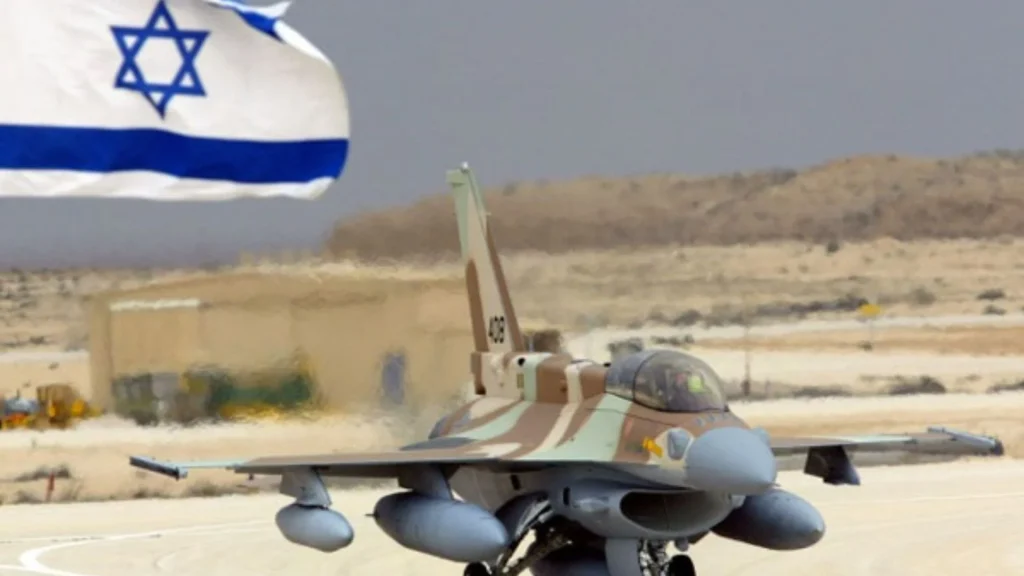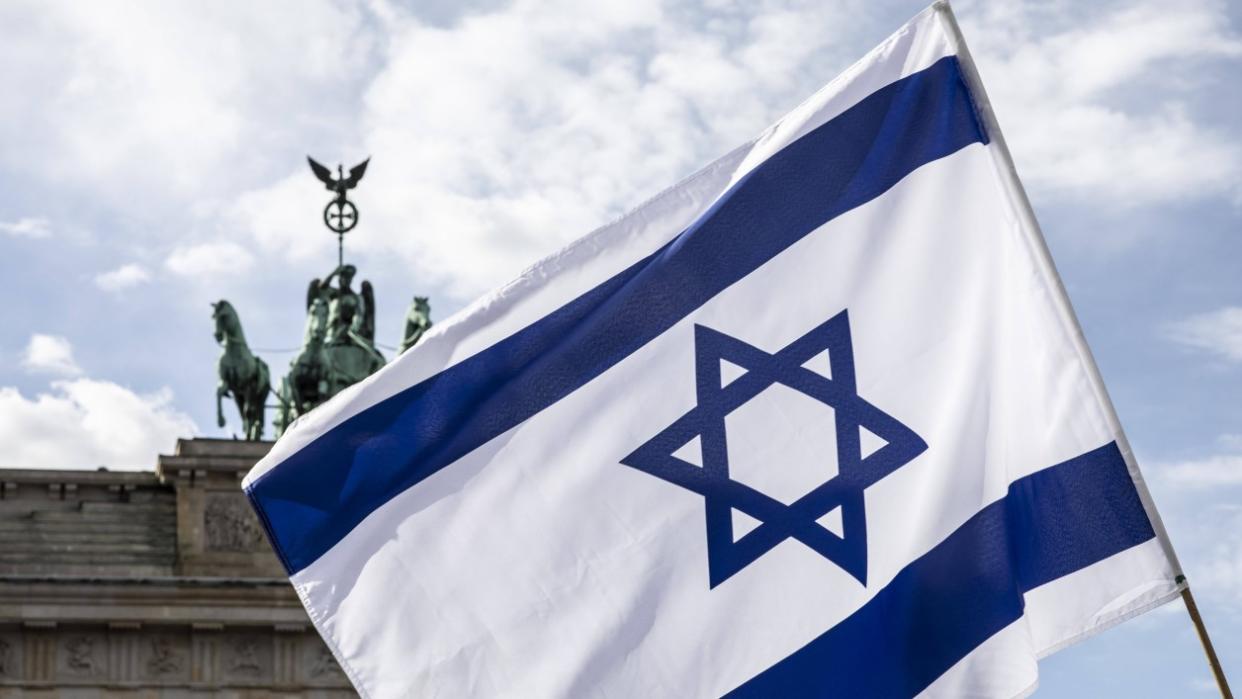Israel had significantly weakened Tehran’s regional proxies, effectively crippling some groups and severing vital supply routes before launching a surprise attack on Iran on Friday.
Since the onset of the Gaza war in 2023, Israel has systematically targeted key figures within the Palestinian movement Hamas and Lebanon’s Hezbollah while also destroying large portions of their armaments. Simultaneously, it conducted strikes against other Iran-backed allies in Syria and Yemen.
Hezbollah, long considered the most potent force in Iran’s “axis of resistance,” suffered severe blows during its recent two-month conflict with Israel, which escalated from border skirmishes initiated by Hezbollah to support Hamas in Gaza.
The fighting, which concluded with a US-mediated ceasefire in November, saw the assassination of prominent Hezbollah leaders, including Hassan Nasrallah, the destruction of much of its military assets, and the disruption of its supply lines.
Although the truce mandates Hezbollah’s withdrawal from the border, Israel has continued to bomb Lebanon without retaliation from the group, which an Atlantic Council researcher suggests “probably won’t react” at this stage due to shattered deterrence and political complexities, though it can still “inflict damage.”
The fall of long-time Syrian ruler Bashar al-Assad in December was a major setback for Tehran and its allies, as Assad had provided crucial land access for supply lines from Iran.

Credit: The Daily Guardian
During the Syrian civil war, Israel consistently targeted Syrian government forces, Hezbollah, and Iranian assets, though it rarely claimed responsibility.
After Assad’s overthrow, Israel conducted hundreds of strikes on Syrian military targets to prevent advanced weapons from falling into the hands of the new Syrian authorities, whom it considers terrorists.
Experts believe isolated attacks from Syria and Iraq might occur in response to the Iran strikes, but nothing significant.
Despite Iran-backed factions in Iraq launching sporadic attacks on US-led coalition bases and Israel during the Gaza war, the Iraqi government has largely tried to keep the country out of direct conflict.
Palestinian militant group Hamas, whose October 7, 2023, attack triggered the Gaza war, has sustained heavy losses, with much of its military infrastructure destroyed and several leaders killed.
The group condemned Israel’s “aggression” against Iran, but its capabilities are severely reduced after 21 months of conflict.
Lastly, Yemen’s Huthi rebels remain a key pillar of Iran’s axis. They expressed support for Iran’s “full and legitimate right to defend itself” and have launched numerous rockets and drones towards Israel and targeted ships in the Red Sea.
Despite recurrent strikes against them by Israel and the United States, a recent truce announced by US President Donald Trump suggests a pause, although experts “would expect the Huthis to respond quickly” to Israel’s attack on Iran.


 Trending
Trending 